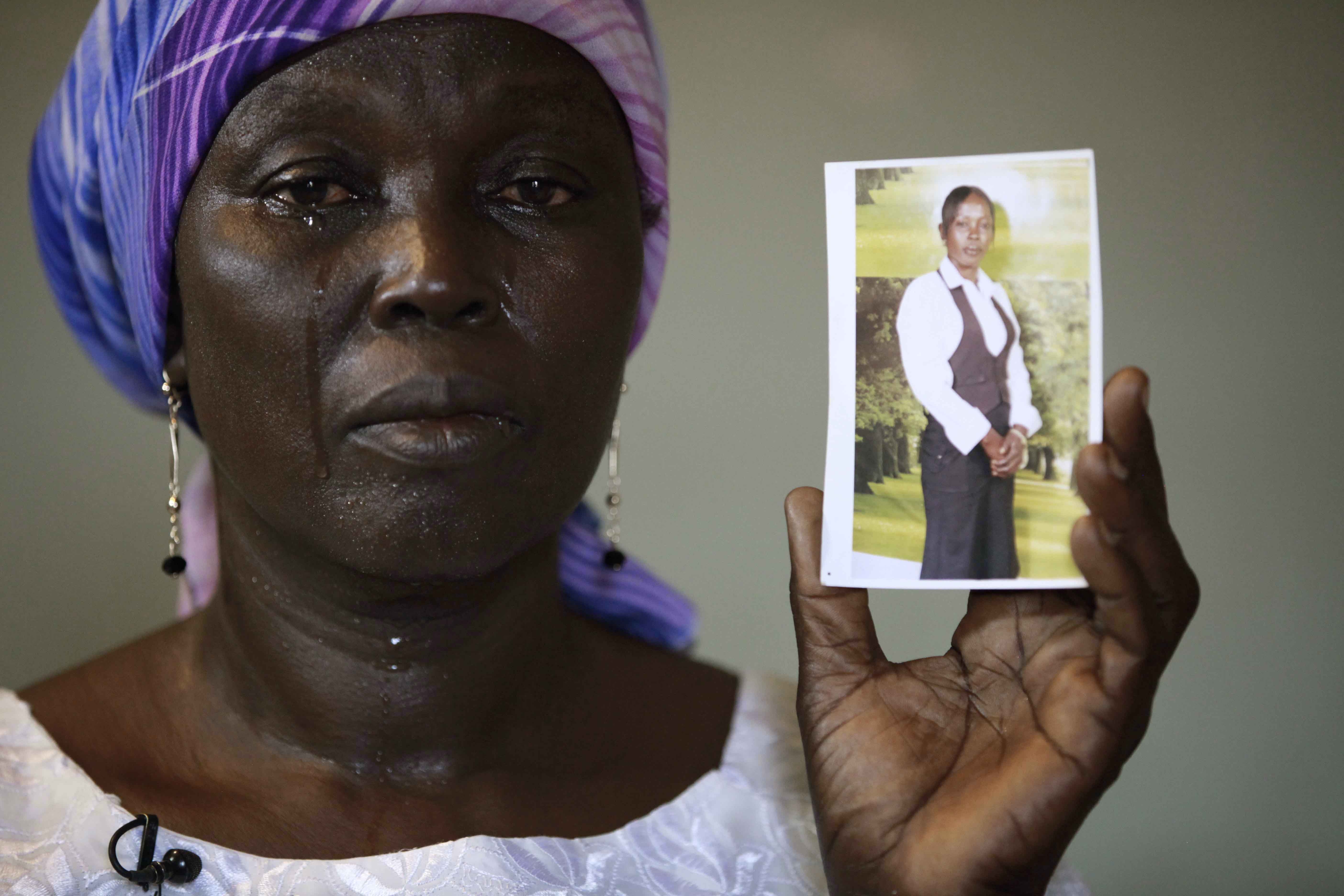Don't ignore Boko Haram's atrocities
Their victims have been forgotten amidst the Charlie Hebdo attacks


A free daily email with the biggest news stories of the day – and the best features from TheWeek.com
You are now subscribed
Your newsletter sign-up was successful
Nous sommes tous Charlie.
But are we also the victims of Boko Haram?
Last week, the Nigerian Islamist group reportedly killed hundreds, possibly thousands of people. And the details are predictably gruesome. The terrorists rode through towns and villages, shooting and throwing grenades as they went. According to one report, they used a little girl as a suicide bomber. They later attacked an army base in neighboring Cameroon.
The Week
Escape your echo chamber. Get the facts behind the news, plus analysis from multiple perspectives.

Sign up for The Week's Free Newsletters
From our morning news briefing to a weekly Good News Newsletter, get the best of The Week delivered directly to your inbox.
From our morning news briefing to a weekly Good News Newsletter, get the best of The Week delivered directly to your inbox.
Boko Haram now controls a significant slice of northeast Nigeria. They are already well known for their barbarism. So why did this astonishing report receive so little attention?
The short and obvious answer is that it occurred at the same time as the terrorist attack on Charlie Hebdo that gripped the world's attention.
Why the disparity, when the Charlie Hebdo attack killed "just" 19 people?
Some of the reasons were justified, but some were definitely not.
A free daily email with the biggest news stories of the day – and the best features from TheWeek.com
The justified reason is that the Charlie Hebdo attack was symbolic in a way that Boko Haram's attack was not. Attacking cartoonists who mocked Islam highlighted the jihadi hatred for the very foundations of enlightened civilization. Attacking a kosher supermarket underscored jihadism's relentless anti-semitism. In this sense, it was legitimate that the Charlie Hebdo attack captured our attention in a unique way, despite its relatively low body count. Statistics are not everything, and symbols do matter.
But there are also unjustified reasons, and we know them well: the victims of Boko Haram are black, poor, foreign, mostly Muslim. They don't even have the good taste to sit on a lot of oil or in a nexus of Western interests. And, at least in terms of media attention, it is undeniable that lives like these are deemed less worthy than white Western lives. When the archbishop of Jos, in central Nigeria, lambasted the West for ignoring the situation, he was right.
If we are going to stand in solidarity with victims of terrorism, we should stand in solidarity with all victims of terrorism, whether they are Muslim, Christian, Jewish, or of no faith. And the vast majority of them are precisely outside the rich West, and mostly don't register in the headlines.
Although Al Qaeda claims Boko Haram as an affiliate, the insurgency is in many ways an idiosyncratic phenomenon, largely linked to poverty and ethnic strife in Nigeria. But it doesn't mean it's not a destructive force. It doesn't mean we shouldn't do whatever we can to call more attention to it, and help the feckless Nigerian government achieve the level of governance that will allow it to bring law and order to its citizens.
Pascal-Emmanuel Gobry is a writer and fellow at the Ethics and Public Policy Center. His writing has appeared at Forbes, The Atlantic, First Things, Commentary Magazine, The Daily Beast, The Federalist, Quartz, and other places. He lives in Paris with his beloved wife and daughter.
-
 Democrats push for ICE accountability
Democrats push for ICE accountabilityFeature U.S. citizens shot and violently detained by immigration agents testify at Capitol Hill hearing
-
 The price of sporting glory
The price of sporting gloryFeature The Milan-Cortina Winter Olympics kicked off this week. Will Italy regret playing host?
-
 Fulton County: A dress rehearsal for election theft?
Fulton County: A dress rehearsal for election theft?Feature Director of National Intelligence Tulsi Gabbard is Trump's de facto ‘voter fraud’ czar
-
 'Once the best in the Middle East,' Beirut hospital pleads for fuel as it faces shutdown
'Once the best in the Middle East,' Beirut hospital pleads for fuel as it faces shutdownSpeed Read
-
 Israeli airstrikes kill senior Hamas figures
Israeli airstrikes kill senior Hamas figuresSpeed Read
-
 An anti-vax conspiracy theory is apparently making anti-maskers consider masking up, social distancing
An anti-vax conspiracy theory is apparently making anti-maskers consider masking up, social distancingSpeed Read
-
 Fighting between Israel and Hamas intensifies, with dozens dead
Fighting between Israel and Hamas intensifies, with dozens deadSpeed Read
-
 United States shares 'serious concerns' with Israel over planned evictions
United States shares 'serious concerns' with Israel over planned evictionsSpeed Read
-
 Police raid in Rio de Janeiro favela leaves at least 25 dead
Police raid in Rio de Janeiro favela leaves at least 25 deadSpeed Read
-
 Derek Chauvin's attorney files motion for new trial
Derek Chauvin's attorney files motion for new trialSpeed Read
-
 At least 20 dead after Mexico City commuter train splits in overpass collapse
At least 20 dead after Mexico City commuter train splits in overpass collapseSpeed Read
